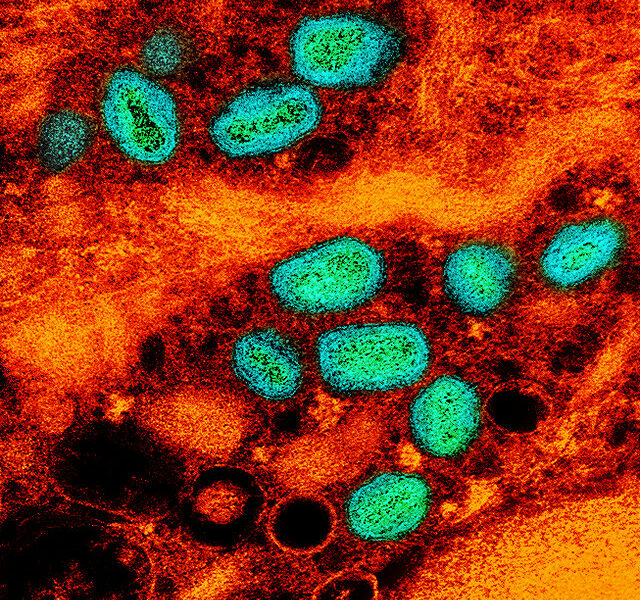Vegetable salad served in Kabardino-Balkaria State Agricultural Academy’s dining room is believed to be the reason for the recent botulism outbreak the Russian North Caucasus Republic of Kabardino-Balkaria. About 48 people are currently hospitalized. Upon hospitalization all patients immediately received anti-botulism serum. Three people were transferred to the intensive care unit of the Center for Prevention and Control of AIDS and Infectious Diseases in Nalchik. Russian Federal Service on Customer Rights and human Wellbeing Surveillance (Rospotrebnadzor) is conducting an investigation of samples taken from the contaminated salad. The number of cases is expected to increase and include more students as well as faculty members of the Academy.
Botulism is a rare but serious illness caused by the toxin produced by Clostridium botulinum bacteria and affects the central nervous system. There are three ways for the bacteria to infect a person: through open wounds, improperly canned foods and, though rare, infants may become infected with botulism through the ingestion of spores. Person-to-person transmission of botulism does not occur. Once the botulinum toxin enters human intestines it is absorbed into the bloodstream and can lead to death in 5 to 10% of cases. Symptoms of botulism appear within 12 to 36 hours after exposure to the toxin. Initial symptoms include dry mouth, weakness, blurred vision and difficulty speaking and swallowing. In addition, patients may experience difficulty in movement, vomiting, diarrhea, constipation and abdominal swelling.
Botulism treatment includes immediate antitoxin administration. There is a vaccine against botulism, but it is used very rarely as its effectiveness is not fully evaluated and it has side effects.

